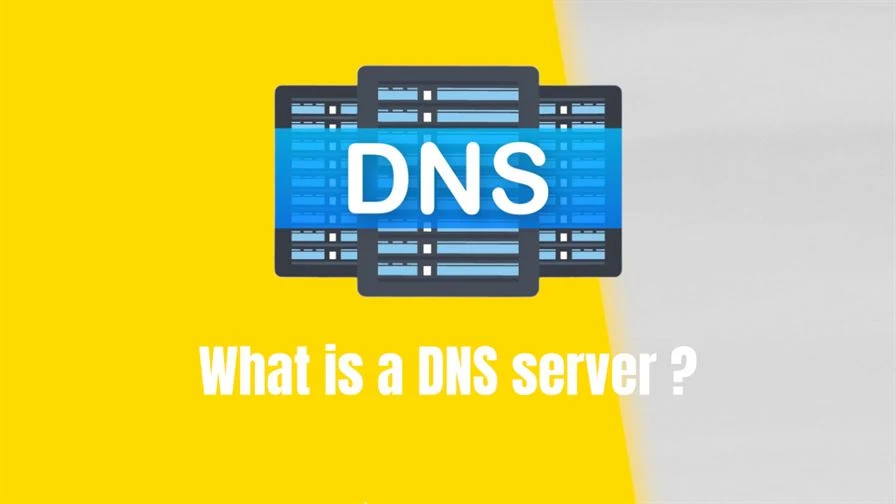So you’re finally getting your business online ; you’ve registered a domain name, and you want to work on building your digital presence. But there are three letters you keep on seeing and hearing: DNS.
What is DNS ?
The DNS, or Domain Name System, is an important part of how the Internet works today. It’s the bit of the internet that translates human-friendly domain names, such as www.cloudflare.com into machine-readable IP addresses, such as 104.16.123.96 Before we explain what DNS is, we must talk about IP addresses, servers, and domain names.
What is an IP address?
An IP address, or internet protocol address, is basically a unique label assigned to any computer or device that’s on the Internet. (You can find a more detailed explanation here, but this will do for now). An IP address can be used to find and route data and messages to a computer, i.e. it allows us to address a computer, and hence the name, IP address.
An IP address look like this: 104.16.123.96
That is, it is made up of four numbers between 0 to 255, separated by dots. An IP address can be used in your browser like a domain name to get to a website. Take the example IP address above, 104.16.123.96, and put it in your browser address bar. This should load up the Google home page. It’s much easier to remember the domain www.cloudflare.com than the IP address.
This is possible because of the DNS.
IP addresses are administered by IANA, the Internet Assigned Numbers Authority, and there is a finite number of them, around 4 billion. Sometimes the IP address of a website will change—for example if the webserver hardware is being retired, or the site owner is change web host. When this happens, you can no longer reach the website with the old IP address. Without the DNS, you’d have to find out the new IP address for a website before you could visit it. But the DNS takes care of the IP address details, and you only need to remember the domain name, the IP address can change behind the scenes, and the DNS will manage the details of mapping the domain name to the new IP address.
What is a DNS server ?
First we’ll start with what a server is. It’s simply a computer on the Internet that hosts some service that can be accessed over the Internet. For instance, a computer that hosts a website, is often called a web
server. You can think of it as a computer that, when requested for a page of a website, serves up that page in response to your request.
There are other kinds of servers too. For example: mail servers host and manage email services, and FTP (File Transfer Protocol) servers facilitate sending and receiving files. And of course, there are DNS
servers, which manage DNS services.
The DNS is a distibuted system arranged in a hierarchy, made up of lots of DNS servers. A DNS server is any computer that is registered to join the DNS. It has an index of domain names and IP addresses, and when requested, it can tell you the current IP address associated with a domain name. If it doesn’t know, then it will try to find out from other DNS servers. So when you type a domain name into your browser, your browser asks a DNS server what the IP address is for this domain, and the DNS server tries to tell you.
DNS Root Servers
At the top of the DNS system are DNS root servers. There are approximately 500 root servers distributed around the planet, addressed via 13 IP addresses. These root servers are the only ones that contain the entire list of all domain names and IP addresses. So eventually, a DNS request might make
it all the way to the DNS root servers if no other DNS server has the answer. If there is still no answer at the root level, then the DNS request fails, and your browser returns an error, such as the one shown below.





